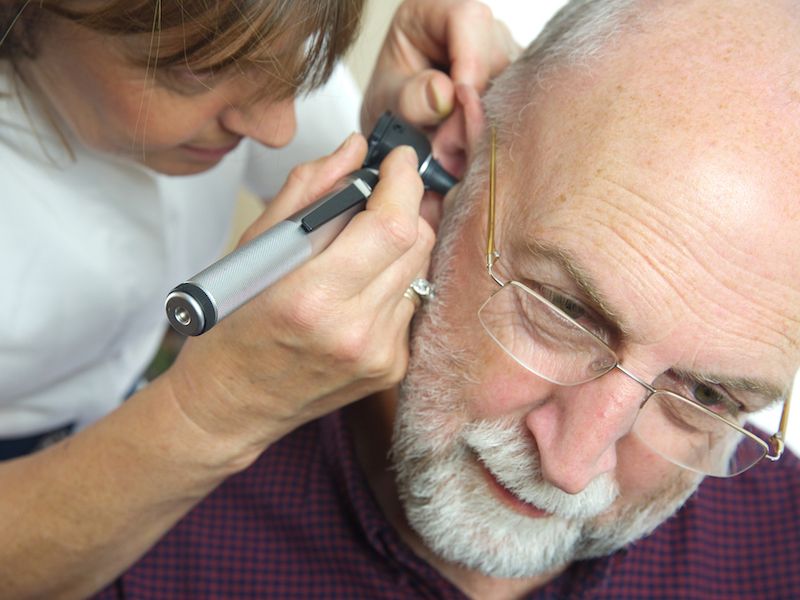
If you have glasses, you understand you still need to make an appointment with your eye doctor every year, right? Due to the fact that, in time, your eyes will change. In fact, nothing in your body is static, your eyes aren’t and, it turns out, neither are your ears. That’s the reason why, just like you do with your eyes, it’s important to keep having your ears examined even after you purchase a nice pair of hearing aids.
Unfortunately, many people miss those regular checkups. Maybe they’ve been consumed with making the most of their lives to get back in to see the doctor. Or it could be that work has been stressful lately. You may even be so happy with your hearing aids that you simply didn’t think you need to go back in. That should be a good thing, right?
Over time, for individuals with hearing impairment, it is even more relevant to have even one follow-up consultation. Even in the face of that, ongoing care is often ignored. According to one survey, only 33% of seniors with hearing aids also used regular hearing services.
Why Do You Need Check Ups Once You Have Hearing Aids?
Your hearing is dynamic. Over time it changes. It’s important to modify the hearing aids to resolve those changes. Problems can be detected early and your hearing aids can be modified accordingly.
It may be a smart idea to get normal checkups for other reasons also. Here are various reasons why you should make it to your hearing examinations:
- Hearing aid calibration: Though your overall hearing health might remain stable, small differences in your hearing might create the need for yearly adjustments of your hearing aid. Without this calibration, your hearing aids might slowly become less and less reliable.
- Degeneration of hearing: Even if you use a hearing aid, your hearing might continue to deteriorate. If this degeneration is happening over a long period of time, you most likely won’t recognize it’s occurring without the assistance of a hearing evaluating. Hearing decline can often be slowed with appropriate alterations to your hearing aids.
It’s crucial to have your hearing aids cleaned professionally occasionally as well as keeping track of changes in your hearing. We can help make sure your hearing aid is working the way it should, clean all the small parts and keep it in optimum condition.
The Danger of Not Following up With Regular Exams
If you get frustrated with your hearing aids, say because they aren’t working the way you expected them to, you may simply stop wearing them and that would be a problem. Wearing hearing aids helps you hear better, naturally, but it also affects your overall health. You might not notice it immediately, but your hearing might decline quicker if you discontinue wearing your hearing aids. Neglected hearing loss has been associated with various health concerns including cognitive decline and a greater danger of accidents.
If you really want your hearing aids to continue working at an optimal level, frequent examinations are going to be your best bet in the way of accomplishing that. Yearly hearing exams or screenings can help you make certain your hearing aids are working as they should and that your hearing remains protected. So now it’s time to schedule your hearing appointment.